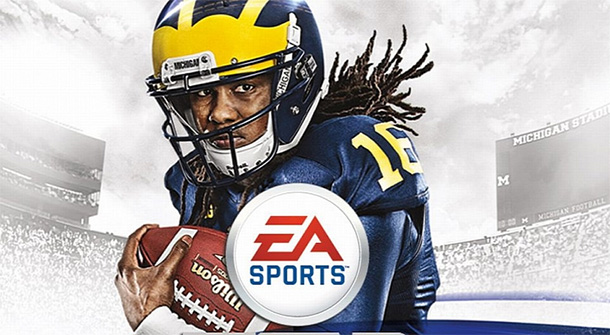
How important is customer service over social media to you? It probably registers fairly low on your scale when product hunting. After having a product for a few days or weeks, you may end up running into issues that need quick attention from customer support. That used to mean making a phone call (if you can find the phone number), but if you are like the growing part of society that is more adept to the Internet’s ways then you probably tweet your questions.
But who answers?
Usually it’ll be one of your followers, or a follower of a follower, or a retweet. Sometimes you’ll even get a competing product’s Twitter account to reply and solicit you. And once in a while you may even get the product’s actual Twitter account to reply to you; that’s usually the point that the proverbial ball gets rolling in resolving your issue as amicably as possible.
There are companies that do a great job: Microsoft’s Xbox Twitter accounts all seem to support each other, conversing and replying to users with any myriad of question. Even if the main account doesn’t reply to a question or comment, a supporting account will jump in and take over. That shows interest in the person affected, usually resulting in a positive outcome.
But what if no one replies? What happens then?
That’s a large issue in this new Social Media Based World. More often than not, the majority of tweets or status updates that pop out of a game company’s account are pre-written mini press releases or info pushed via RSS direct feeds. Contrary to popular belief, Twitter isn’t just another way to serve information. It’s best utilized as a way to engage users, to bring them back to you and your content. When game companies (and even publications) miss this point it leads to failure and disenfranchised, angry users.
[Edit: We’ve update the information in this post. EA’s Twitter account is a verified account, and therefore different items show up in its Twitter stream, which is the image we took below. We *should have* grabbed a screenshot of the replies/comments TO the Twitter account, not vice versa. And so, we’ve updated the article to reflect this and removed the image. Sorry for the confusion!]
Marketing agency Identity PR goes into good detail about how this can be damaging to a brand, looking at EA and its NCAA accounts as an example. Feedback is incredibly important in media today, to both sides (the creator and the consumer). Gaming companies are quick to jump into social media, but don’t always seem to staff accordingly to really get that engagement to work. Or, they’re fielding so many questions and comments that established social media methods simply don’t work any more.
It has been shown time and time again that using a top youtube video views company streadily increases product sale and it’s hard to pinpoint why so many gaming companies do not utilize this technique. Maybe social media policies prevent this kind of interaction, or they limit what their own marketing agencies can do to promote the products. Either way, it’s time that they — and other companies — understand the value of the quick outreach medium, staff it correctly and fully, and really work with gamers to improve their experiences. We can have all of the second screens and motion controls and next gen visuals that we can handle, but when it comes to the final experience, the importance of comfort and security in knowing that we’re getting our money’s worth from all aspects is what will win us over.
Link: Identity PR


No Comments